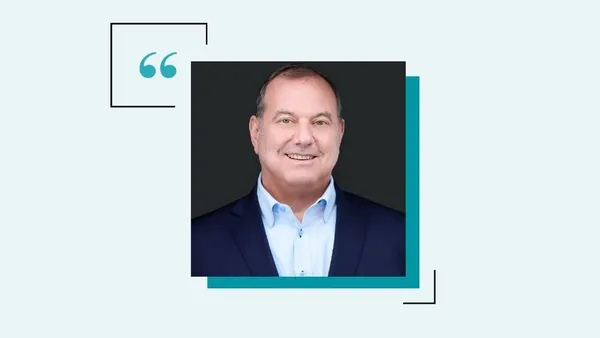“I believe we may be at the point where we can be patient and hold rates steady and let the monetary policy actions we have taken do their work,” Philadelphia Fed President Patrick T. Harker said in a speech on Tuesday.
Indeed, current Fed funds futures pricing shows only a 13% probability of an interest rate hike by the Federal Open Market Committee (FOMC) at its September meeting, a 30% chance at the November meeting, and a 25% chance in December.
But 150 corporate treasurers surveyed by Clearwater Analytics aren’t buying it. Most (67%) think the FOMC is not done, and rates will increase over the next quarter. Another 25% are a bit less hawkish and expect rates to hold.
“With inflation uncertainty still swirling, it’s clear that many corporate treasurers expect the Fed not to loosen its grip on controls anytime soon,” said Scott Erickson, Chief Revenue Officer at Clearwater, a SaaS-based investment management platform.
A higher cost of debt and uncertainty over growth prospects in some economic sectors may incline some companies to keep larger cash buffers. While about a quarter (27%) of treasurers surveyed indicated their cash portfolios have stayed the same size, 38% said their cash portfolios were growing. Nearly a quarter (22%) said cash and equivalents were shrinking due to merger and acquisition activity, and 8% blamed the higher cost of debt.
Cash is helpful as a contingency, but having funds to do M&A deals during tough times is an advantage, said Cody Lott, director of corporate treasury at REIT Solutions at Clearwater Analytics. But cash on balance sheets is also growing because, in some sectors, higher performers are throwing off lots of cash.
Duration Decisions
In early July, the two-year U.S. Treasury yielded 4.94%, while the 10-year Treasury bond yielded 3.68%. It was the steepest inversion of the two rates in decades. Treasurers were primarily split on whether the inversion of the yield curve would flatten (48%) or stay the same/steepen (52%) by year-end.
“If I can obtain additional yield by extending and still retain relative liquidity, why wouldn’t I?”

Cody Lott
Director, Clearwater Analytics
But what’s certain is they are glad to be earning income on their cash again — at short-duration profiles (average durations are 6 to 12 months).
Preserving principal and liquidity are still the overwhelming focus of cash investments, but when possible, treasurers are happy to earn a little extra without sacrificing any of the first and a tiny amount of the second goals. One-third of treasurers (35%) told Clearwater they were standing pat on the duration of their investments; 41% indicated they were increasing duration.
Duration, of course, partly depends on when the corporate cash is needed for other purposes. But all things being equal, “I would expect durations to increase with a steeper front end of the yield curve, which we have seen,” Lott told CFO. “If I can obtain additional yield by extending and still retain relative liquidity, why wouldn’t I?”
To be safe and comply with investment policies, not many treasurers are compromising on investment credit quality. Nearly one-third (31%) said they would be increasing the credit quality of investments and 40% making no change. About a fifth (22%) said they word consider lower credits.
Lott said average portfolio credit qualities are AA+, “but there is a movement closer to A+ with more opportunities to consider [a] small allocation to BBBs,” if permitted by the investment policy. Confirming this is a trend would require more research and data, said Lott, “but it is a topic that has come up frequently.”
Clearwater surveyed the treasurers during May and June 2023.













